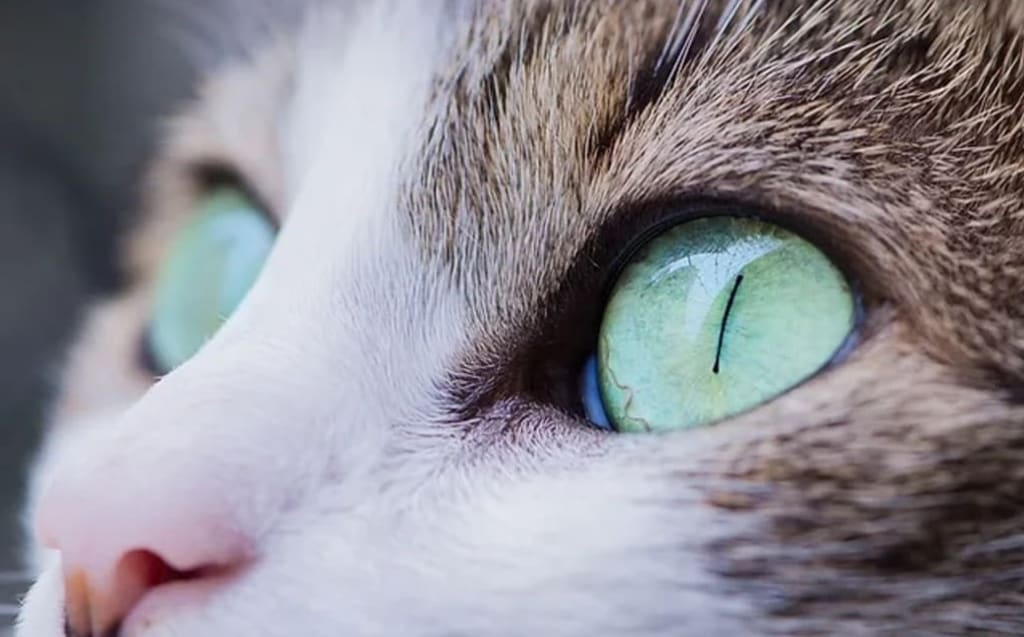The 13 Hours When AI Took Over the Radio
Prepare for artificial intelligence radio hosts to lead the radio GPT. This ground-breaking AI technology can easily host radio shows with voices that sound like humans, but should we be worried that this technological advance could spell the end of actual human radio hosts? Let's examine what it means for the future of broadcasting. Recently, a radio station identified as Cooler 3 in Switzerland conducted a risky experiment allowing artificial intelligence to run their shows for 13 hours. The AI used sophisticated technology to generate scripts and even cloned the voices of five hosts using its magic. Listeners tuned in to hear these shows, where algorithms chose the music and the voices sounded uncannily similar to the original hosts, but don't worry. People quickly realised they missed the human touch and sent messages stating things like "It definitely doesn't replace humans" and "Give us back our humans" after AI took control of everything except for the headlines updates for the reminder. A voice said, "Our voice clones as well as AI are here to unsettle disbelief and Shake you." This text was composed as well by a robot. Some people were astounded by what artificial intelligence (AI) could accomplish, but they soon realised that creativity, surprise, and humour are things that only humans can contribute. This radio station wasn't the sole organisation to use AI rather than real people. Imagine a tool that could provide you with an AI-driven radio presenter. That tool exists as radio GPT, the creation of Futuri, a trailblazing media company. Radio GPT has capabilities that have the potential to transform the radio industry completely. Here are just a few of those capabilities. identifying trends by perusing social media and different news sources. Using GPT technology, radio GPT can easily produce captivating scripts that captivate listeners. Second, it can recognise the newest trends and keep you informed. up to three AI characters as the third on-air personality, radio GPT can be trained to flawlessly imitate a radio station's host, ensuring a smooth transition to the AI era. But radio GPT goes beyond the airwaves; it can also create and distribute content across multiple platforms, such as your radio station's blog, Instagram reels, and YouTube shorts. Although they are not completely indistinguishable, these AI voices seem remarkably human-like, which may have you wondering whether AI radio hosts won't sound robotic. What actually sets them apart is their seamless flow. Since there are no awkward stops or hesitations like the typical ums and arms, it's great for public speaking, but on the other hand, ums and arms render human speech imperfect and therefore unjust anyway, our perception might be skewed since we know that they are AI voices so maybe try a small experiment. Whenever you put on your headphones, let's examine the current problems radio GPT is facing. The first issue is very evident radio GPT may be lacking the spirit of what makes radio great. Launch an AI radio to a buddy who is unaware of it. Would they suspect something? We listen to radio and podcasts to hear actual individuals on the other side participating, according to a recent survey that found that more than half of radio listeners do so to connect with those around them or for companionship. We can't undervalue the influence of this because many of us have favourite hosts who we hold dear. This includes podcasters, YouTubers, and other broadcasters who we adore and treasure as people. Through their shows, we learn about their lives, backgrounds, thoughts, and tastes, which helps us form deeply personal bonds. Loyal listeners even follow their favourite presenters to new stations, as Sean Keviny's fans did when he left BBC Radio 6 music as well as started his own radio station. It appears that radio gpt's AI hosts will be able to debate internet content as well, but unlike human hosts, they won't be able to give their own perspectives on life in general. The second issue is false information. The same technology that powers chat GPT and Bing's AI chatbot also powers radio GPT. While chat GPT may provide responses that sound human, verifying information is still not its strongest suit. If radio GPT is implemented, it could jeopardise numerous radio stations' credibility while raising questions about broadcasting laws and regulations during elections. Chat GPT generates answers based on internet scanning; regrettably, those answers are frequently incorrect. How will an AI host comprehend and adhere to all of the political issues? The beta testers for Bing's AI chatbot have voiced some harsh remarks. Users have shared examples of this chatbot's angry, obnoxious, or passive-aggressive responses, showing that AI radio hosts may be unpredictable. While these traits may seem human-like, many radio stations may not appreciate them, and the final issue is who decides what's important. it looks like a radio. GPT aims to prioritise the viral content trends, which presents several crucial problems, such as whether radio broadcasters should only discuss hot or trending themes. Radio has advanced significantly over the last 50 years, and at this point, it reflects a variety of cultures and other aspects of our society. However, if algorithms favour only popular content, radio could become repetitive and lose its uniqueness. While the future has given us a glimpse of its potential, we can't be sure if AI hosts will become the new standard. However, watch out, humans, this new technology won't just be limited to radio hosts; we'll have some tough competition from other AI-generated content. Radio GPT is a powerful tool that can help automate some tasks in radio stations, but it still has a way to go. It's only in its experimental phase, whereas the future has given us a glimpse of its potential. There was also a bizarre Twitch channel identified as Nothing Forever streaming AI-generated episodes of a show similar to Seinfeld non-stop; it's like a never-ending show about Nothing. The channel used to run 24 hours a day, and every minute you got fresh material created by AI using fancy algorithms. Spotify is already in the game with its AI DJ, so things are heating up. The best part of the show was the humour; the AI attempted to do Jerry's stand-up bits, but they weren't exactly a hit, and things got even funnier when the laugh monitor came in at the wrong time. I now let me tell you that this show was something else; it looked like a weird video game from the 1990s with characters proceeding in slow motion and walking like they're in a funny race; it's unintentionally hilarious. Unfortunately, Twitch banned the channel after the AI unintentionally created a controversial joke, but this is just more evidence that AI still requires human oversight. As AI-generated content takes over, radio stations must learn how to deal with the challenges of accessibility, integration, and cost if they are going to stay relevant and competitive in this rapidly changing media landscape. People desire high-quality information that is derived from authentic experiences and emotions, so there's no reason to be concerned too much about this. What do you think about this? Would you listen to AI-run radio? One of the explanations for its success is the human ties it fosters. The experiment was successful because it gave the radio station a better understanding of the great things AI can achieve as well as its limitations. Let us know what you think in the comments. The charm that humans contribute with their creativity and emotions cannot yet be replaced by AI, which is fantastic for studying and making things more efficient.







Comments
There are no comments for this story
Be the first to respond and start the conversation.